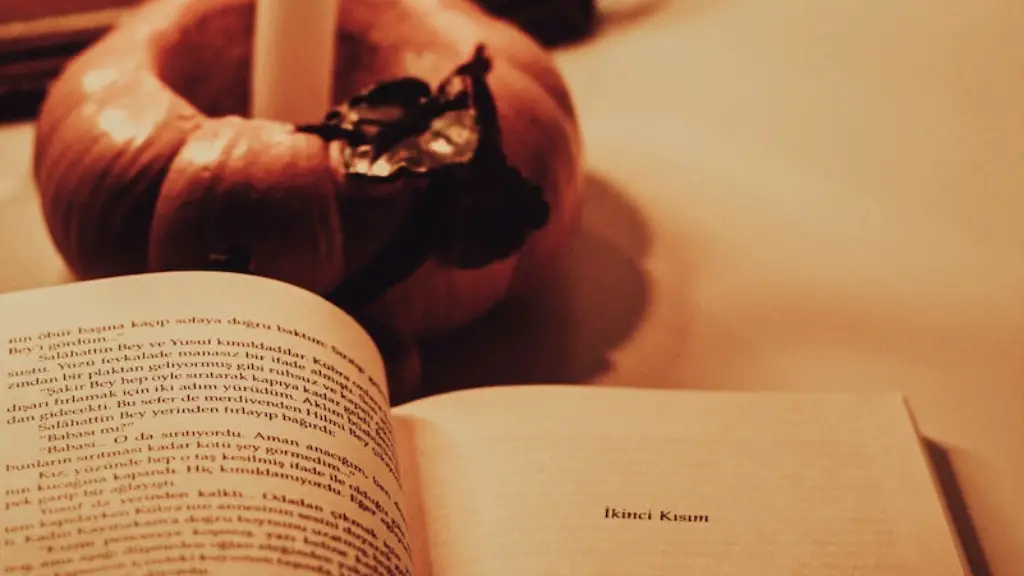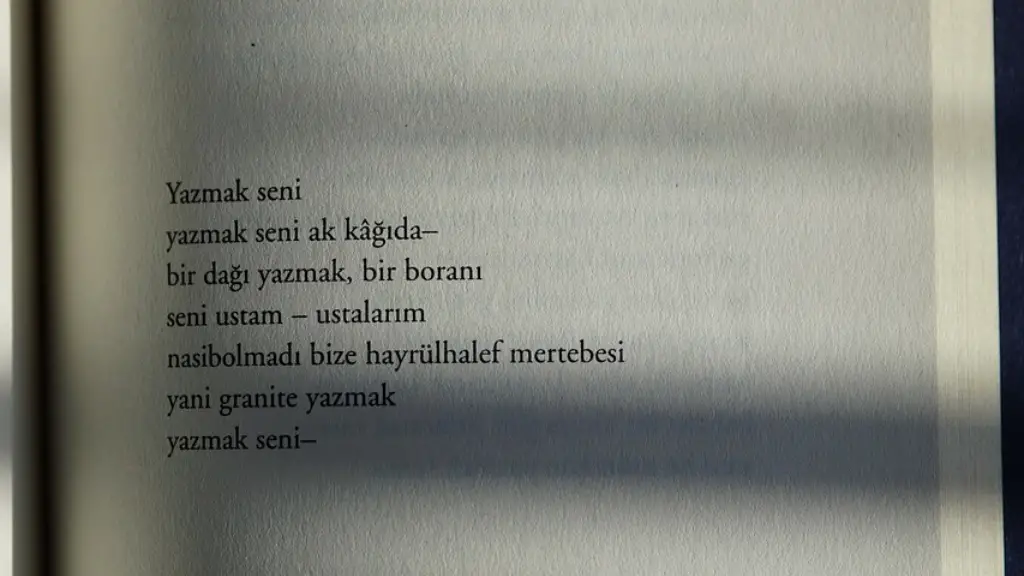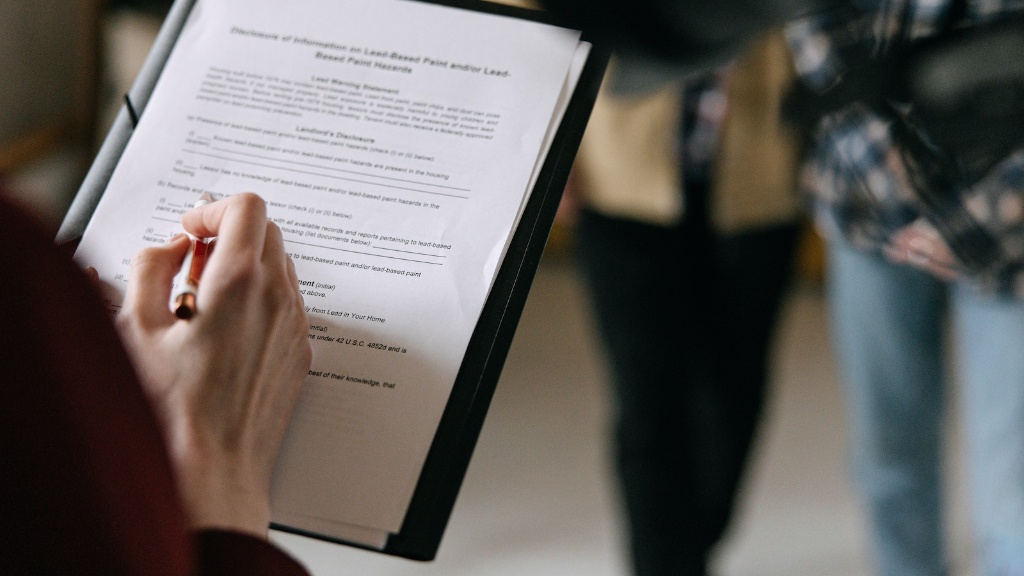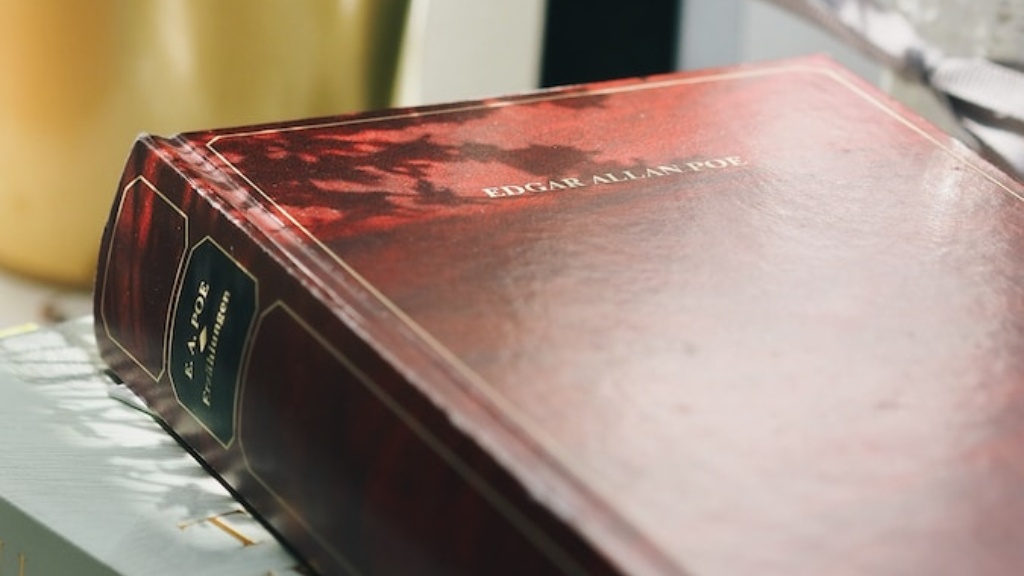Poetry vs Prose – Definitions and Formats
Poetry and prose are two distinct forms of writing. Poetry is typically written in lines, while prose is normally written in sentences. These different styles lead to fundamental differences between the two forms of writing.
Poetry is often defined as literature that “expresses ideas and emotions in imaginative and beautiful language”. It is structured in a way which enhances its effects, usually including rhythm, sound, and images, as well as its meaning. Poems can communicate a variety of meanings and ideas, but essentially, every poem will have a unique poetic form – its shape on a page.
Prose, by contrast, is a type of writing which conveys meaning through sentences and paragraphs, leveraging more conventional styling and often focusing on narrative. Prose generally consists of sentences and paragraphs without obvious rhyme, strict structure, and metrical organization.
The Masters of Poetry vs Prose
Poetry is one of the most ancient forms of literature, with popular authors such as Shakespeare, Milton, Sappho, and Homer crafting memorable works of art. Meanwhile, some of the finest prose authors in literary history include the novelist and journalist, Emile Zola, the English novelist, Thomas Hardy, and the American novelist and short story writer, Truman Capote.
The lyrical style of the great poets often invites a certain emotion from readers, capturing the essence of an idea in the rhyme, rhythm and flow of language. With prose on the other hand, authors work to quickly convey information or tell stories through a more linear style of writing.
The Language of Poetry vs Prose
Poetry and prose are both written with language, but their use of language is distinct. Although both may include the use of metaphors and other descriptive language, prose often uses more frequent, straightforward language than poetry. Poetry, on the other hand, tends to be a more complex form of writing and may include puns, alliteration, and more vivid descriptions.
Poetries use a specific combination of words to create unique soundscapes and expressions, often using poetic devices such as rhyme, alliteration, assonance, refrains, connotations, metaphor, personification and even onomatopoeia. Prose however typically employs more structured grammar, sentence structure and syntax to convey meaning.
Metrical vs Free Verse
The format of poetry and prose can be particularly different. Poetry can range from the structured and precise, with a regular order of rhyme and meter, to free-verse poetry which lacks conventional structure.
Apart from the structural limitations, poems are also often shorter in length than prose pieces, generally fitting within one page. On the other hand, prose has no specific structure and can expand to window a full story.
The Expressive Edges of Poetry vs Prose
Because of its structure and organization, poetry can often be more emotionally powerful and alluring than prose. Poems have the potential to leave a lasting impression on readers, and the more innovative, creative, and artistic a poem is the better its chances of making an impact.
The structure of prose also gives authors more flexibility in expressing emotions and ideas, allowing them to explore different depths and details. Unlike poetry, prose can go in-depth into multiple topics and also reveal the interconnectedness between ideas.
The Imagination of Poetry vs Prose
Poetry has a tendency to evoke various imaginations among its readers. Poetic forms are often created to express an overall idea most effectively, such as haiku. By carefully crafting the words and structure of a poem the author can create an image in the mind of the reader.
Prose can similarly evoke images for its readers, through the use of descriptive language. But prose also allows writers to describe with precision and detail, usually avoiding sound and rhythm.
The Benefits of Poetry vs Prose
The benefits of both forms of writing are distinct. Poetry can help to communicate the feelings and emotions of a situation without needing to devote to much time in explanation, while prose can include more details and explanations in an efficient manner.
Further, poems incorporate an element of joy and creativity that is likely to make reading more interesting, while prose can offer more clarity, simple and rational explanation of events.
The Structure of Poetry vs Prose
Poetry is often composed of lines and stanzas which offer organised structure to convey emotion. On the other hand, prose is composed of sentences and paragraphs that are firmly grounded in linear structure and which maintain the reader’s focus on the narrative.
Both poetry and prose lend specificity and meaning to writings, but the form of the writing is ultimately what determines whether or not it is classified as either poetry or prose.
The Power of Poetry vs Prose
Poetry and prose are both powerful forms of writing which can boldly tell stories and make a lasting impression on readers. Poetry has the potential to make readers feel the emotions of a situation without ever having to explain it, while prose can include more details and explanations in an effective way.
When it comes to creativity and expression, poems often elicit a greater sense of reader engagement and can be effectively used to communicate with larger groups. Prose also allows readers to allow themselves to get ‘lost’ in the storyline, captivated by the facts, descriptions, and characters that it describes.
The Taste for Poetry vs Prose
Whether it’s experimenting with the rhythm of words, crafting a story with prose, or setting a mood with poetic descriptions, poetry and prose are both art forms that offer plenty of opportunities for authors to express their creativity.
The personalized styles of both types of writing make it easier to tailor works to match specific reader preferences and tastes. As such, readers can choose to read whichever form they find more appealing, relying on the differences between poetry and prose to adjust their expectations.
The Audience of Poetry vs Prose
Another key difference between poetry and prose is the audience that they are written for. Poetry is often written to be read out loud, and so are the works of spoken word poetry.
On the other hand, prose is mainly written to be read silently, often encourages readers to imagine events or feel emotions through the characters. In short, poetry is usually written for a larger audience, while prose is often written for individual readers.
The Characters of Poetry vs Prose
The characters of both poetry and prose are also quite different. poems often feature less character development and rely on poetic devices such as rhyme and metaphors to describe characters.
In contrast, prose can feature more developed characters and stories, allowing for suspense and surprise. Prose often focuses more on the events in a story and the structure of a narrative to make it the most readable.
The Impact of Poetry vs Prose
The primary purpose of poetry is to communicate feelings and emotions to a reader, while the primary purpose of prose is to communicate narrative and facts. The emotional impact of poetry is more immediate, while the impact of prose is more lasting.
The impact of both types of writing however is largely determined by the readers they are writing for.
The art of writing poetry and prose is a skill that must be honed and mastered in order to craft pieces that captivate and engage readers. The differences between the two forms of writing vary greatly, and authors must choose the style that best fits the purpose of their writing.



